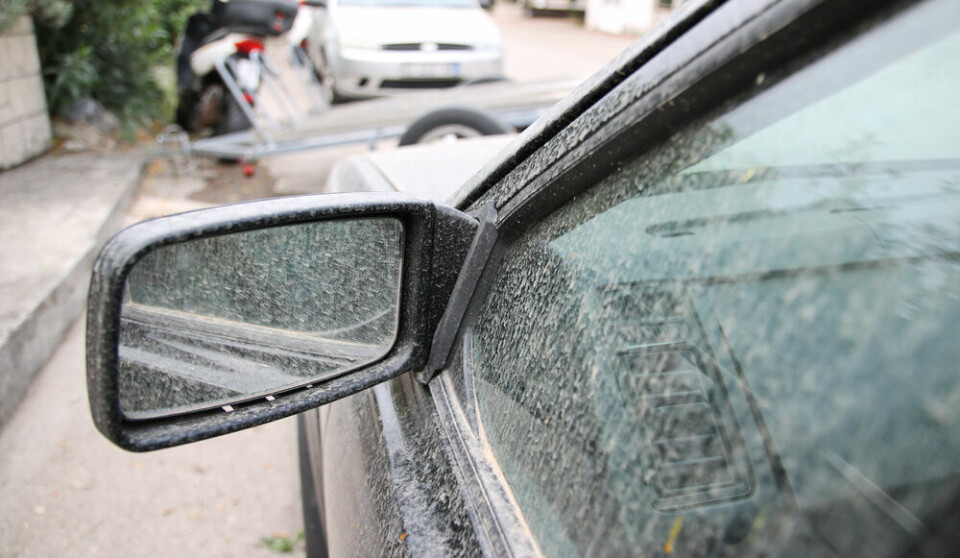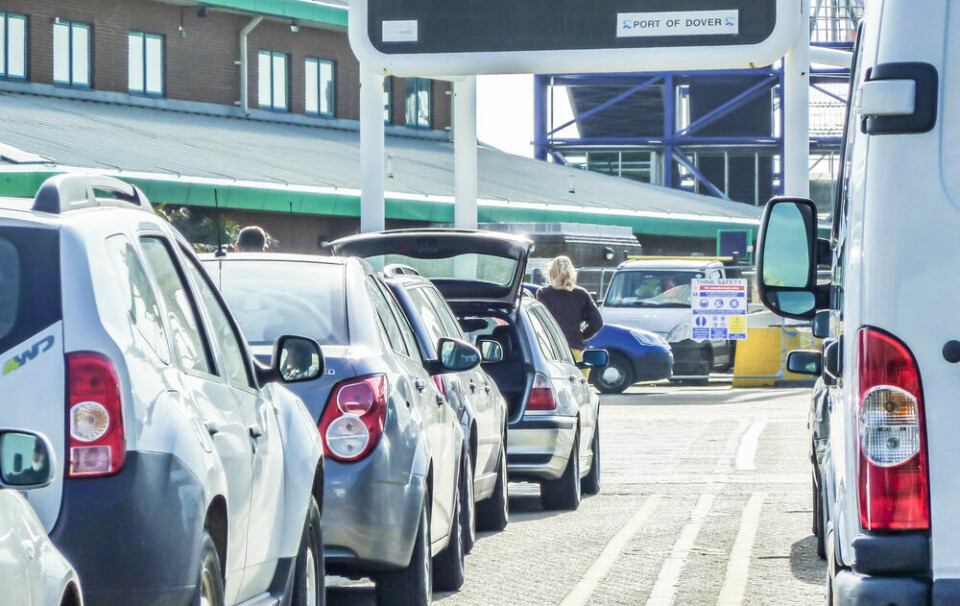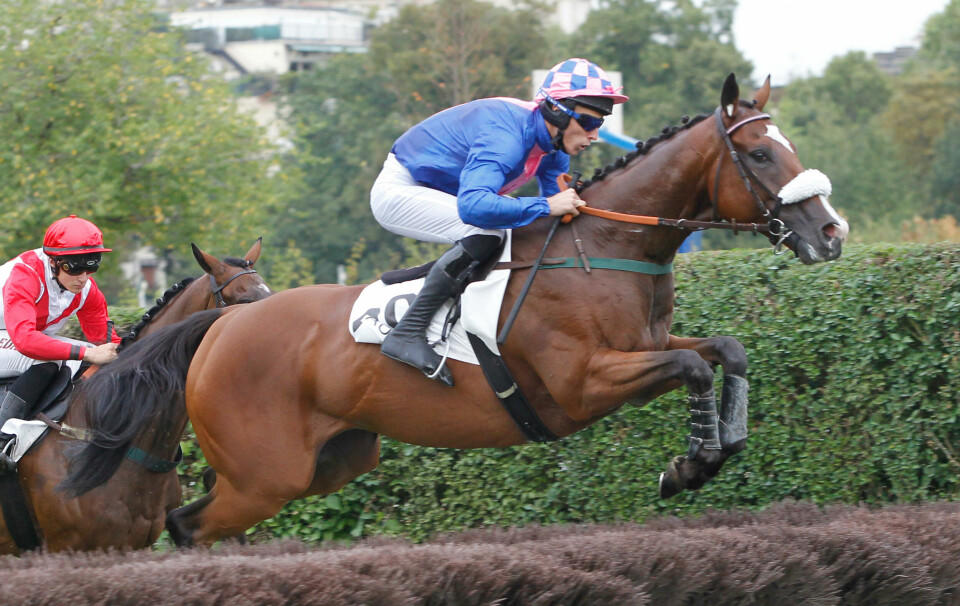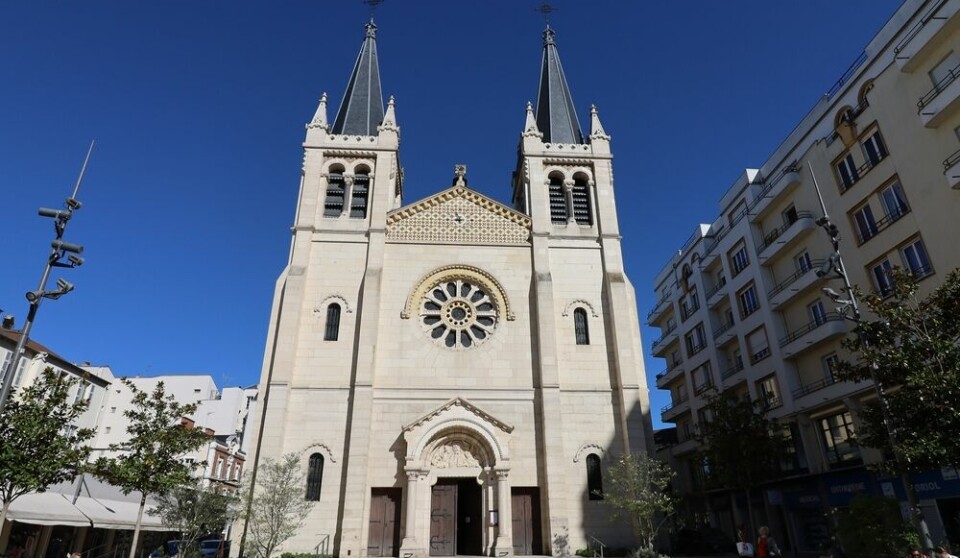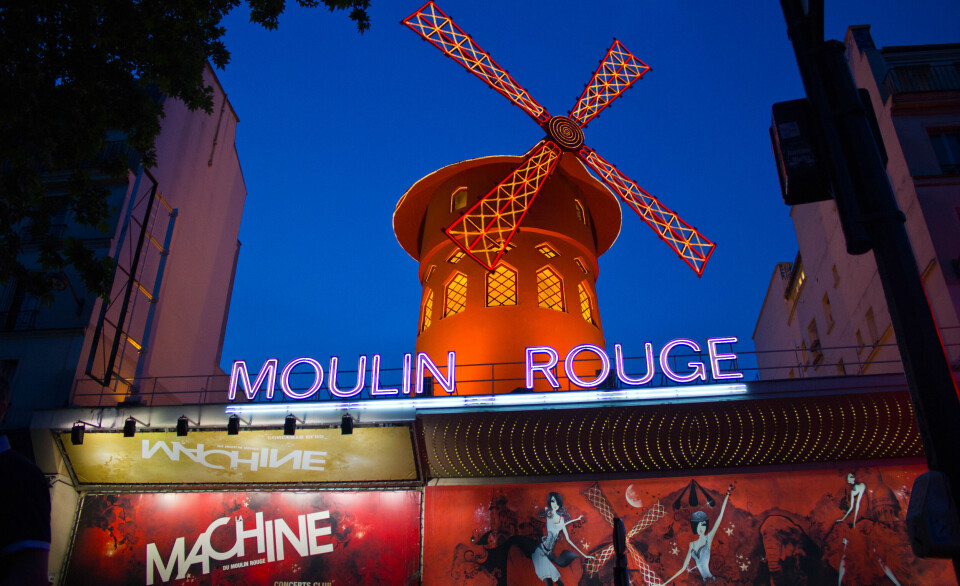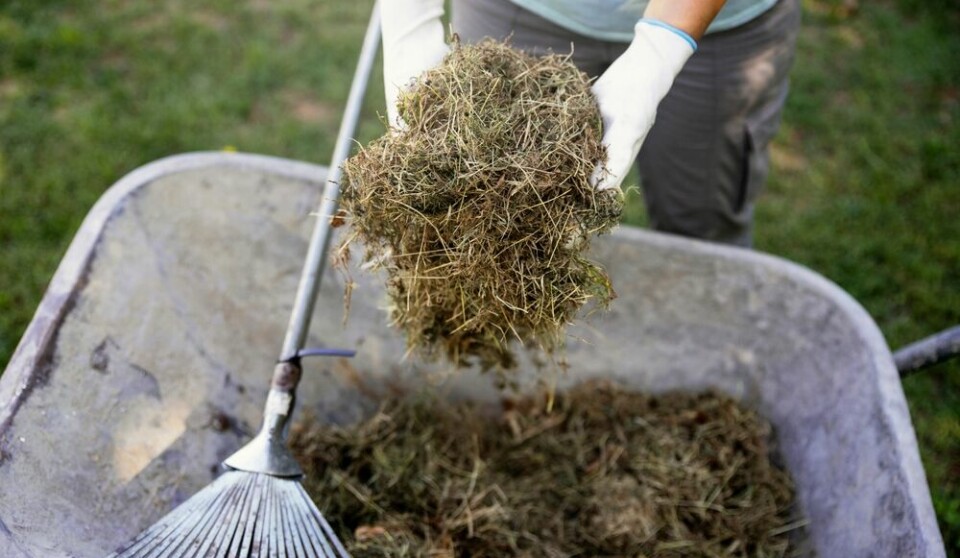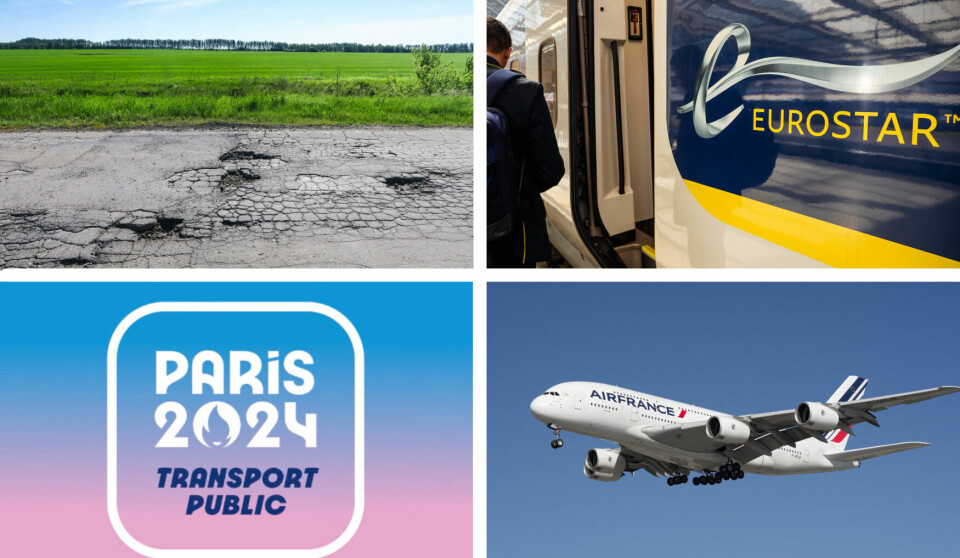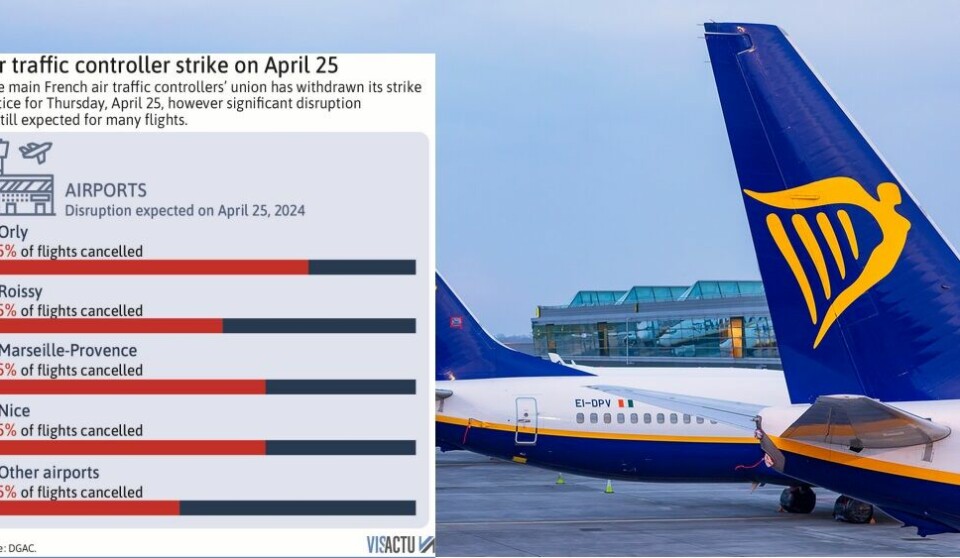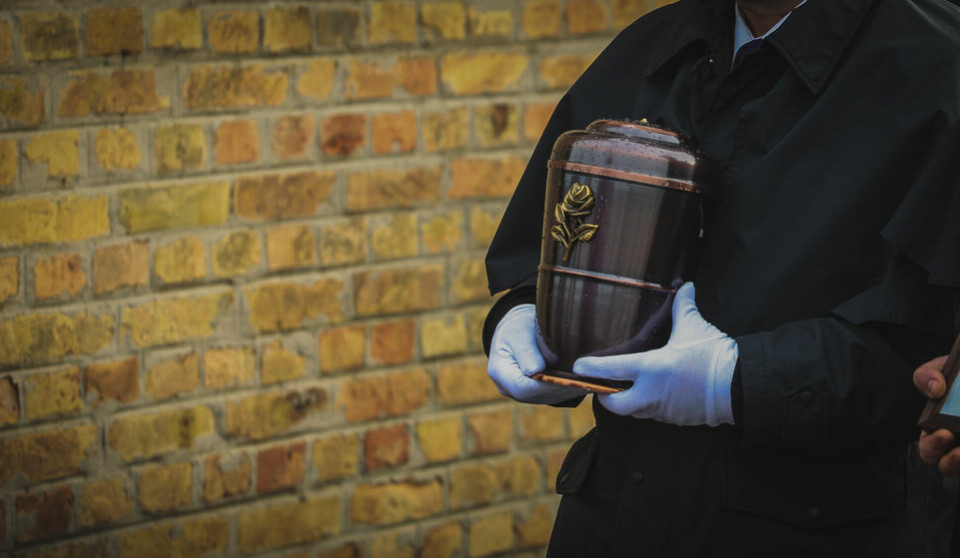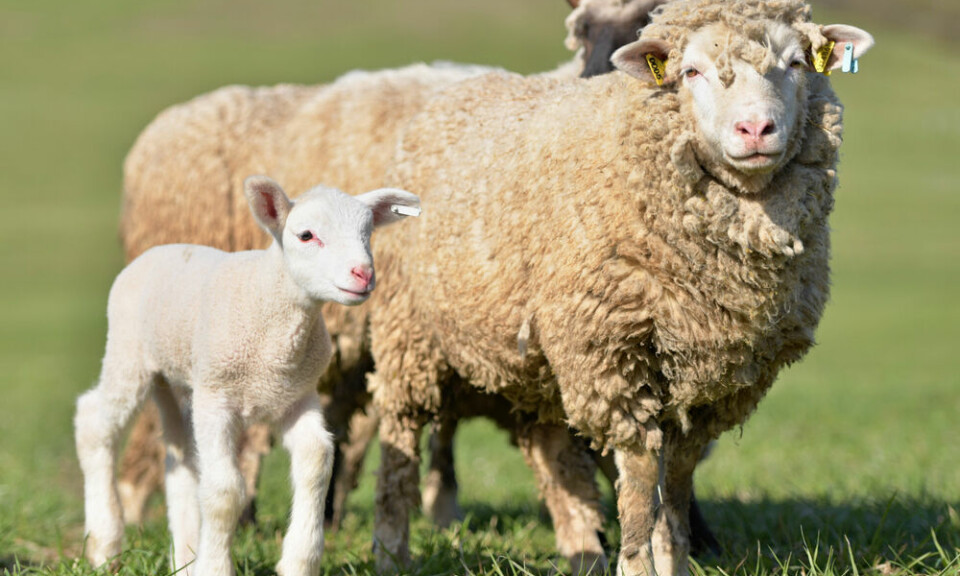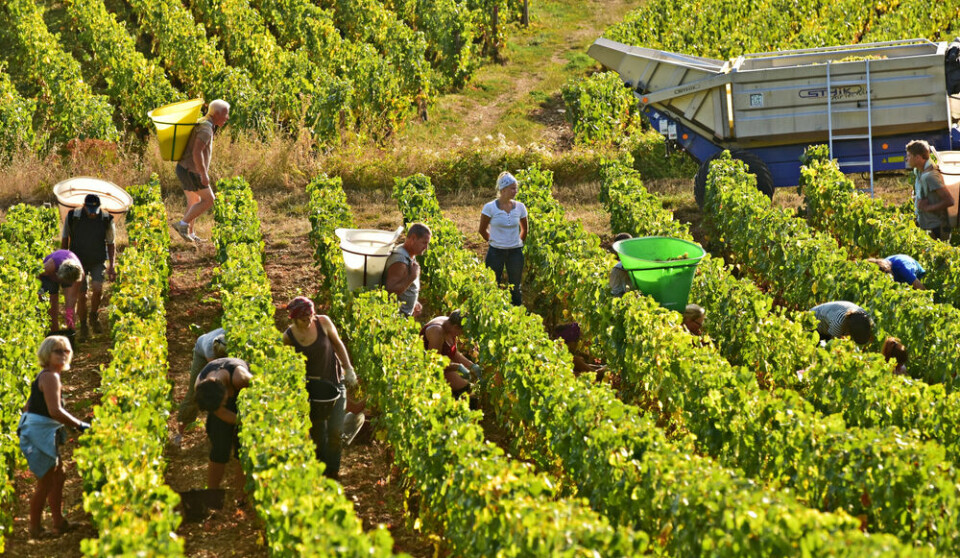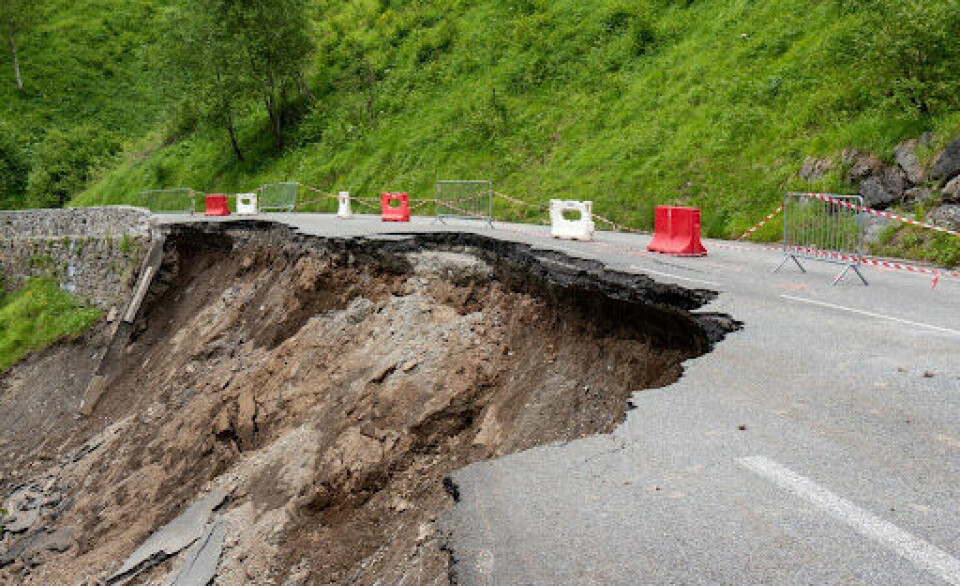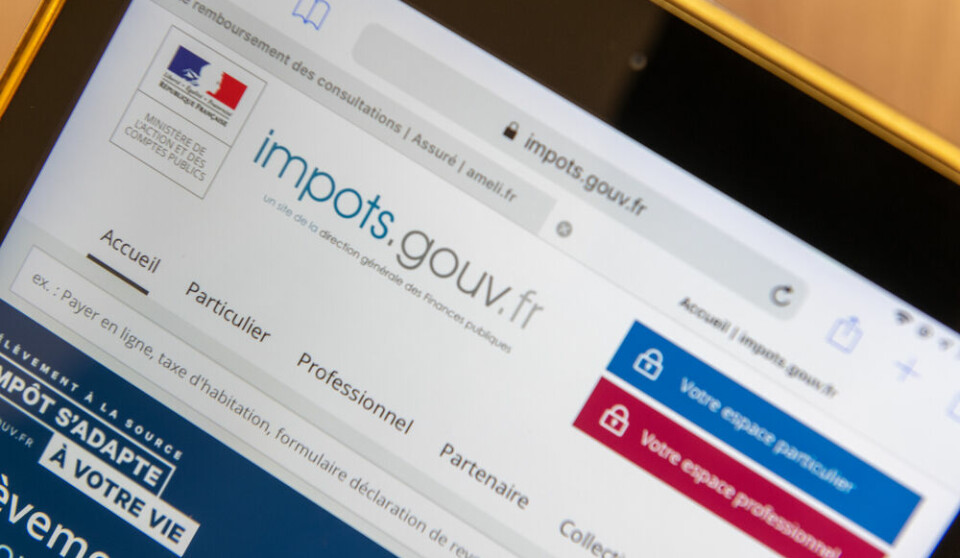-
Phone scams, gardening, insurance claims: 5 French practical updates
Our roundup of recent practical articles you may have missed
-
Picnic in Paris? Chance to join huge meal on Champs-Elysees
The event could even be record-breaking. You can now apply for your chance to take part
-
Many older electrical installations in France have security faults
‘Electrical installations age, like cars, and you need to call an electrician to check them’, the national electrical safety observatory warns
Donkeys make the school run fun
Children are wide awake and relaxed after they join the 'donkey bus' to walk to class

Something surprising has happened in Alsace: come rain or shine, children are turning out in droves to walk to school. It is not a public health or environmental campaign that has generated this sudden interest in fresh air, but a small herd of donkeys in the village of Uffholz.
The Uffholz ‘donkey bus’, or Esel-bus as it is known in the Alsatian dialect, is run by local resident, Sylvain Flieller. Each morning he and other volunteers get up at 5.30 to feed the donkeys, “otherwise they’ll graze when they’re supposed to be working” he laughs.
Breakfast complete, the animals are walked to one of four starting points in the village, depending on the day of the week, where they greet around 15 children and their parents at 7.30, and everyone walks a kilometre to the school gate together.
“By the time the kids get to school, they’re awake, relaxed, and they’ve had some fresh air and a chat,” says Mr Flieller: “It’s much better than the mornings where all they hear is ‘hurry up’ and the sound of car horns”.
He talks with enthusiasm about the social links the initiative creates. What do the donkeys add to the experience? “The children love the contact with the animals, they stoke them, they wish them a good morning, and all the pupils already at school come out to greet us”.
When Mr Flieller turned 50, he decided he had three things he wanted to achieve, including getting a donkey. He prepared a plot of land, then, in May 2016, rescued two donkeys from a nearby village when an accident left their owner unable to look after them. Bonnie and Clyde had been together for 12 years when they arrived, and quickly produced a son, Newton, who was born on 8 May 2017. A mother and daughter, Bella and Vita, arrived soon afterwards.
His association, Aux Aneries d’Uffholz, introduces the donkeys to children and disabled people, and he got the idea for the Esel-bus from a similar initiative, called the Asino-bus, which had been launched in Louviers, Haute-Normandie, some years earlier.
“It’s an easy thing to do, and it’s free; but it needs to be very local, and you need to draw up an agreement with the local authorities before you start”.
Stay informed:
Sign up to our free weekly e-newsletter
Subscribe to access all our online articles and receive our printed monthly newspaper The Connexion at your home. News analysis, features and practical help for English-speakers in France



